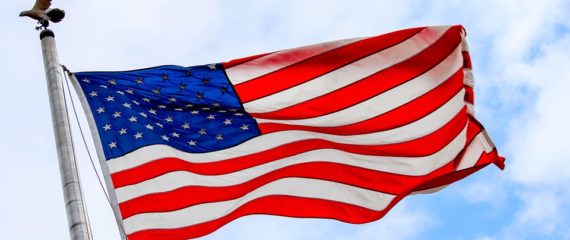The Boston Tea Party: The Fight for Fair Taxation

The Boston Tea Party and the riotous rebels behind it (the secret society known as the Sons of Liberty) has long been among the most highlighted and celebrated events of American history.
The Sons of Liberty was a group created to protect the rights of the colonists and to fight taxation by the British government. With the motto, “No taxation without representation,” the group began as an underground movement of men resisting what it maintained was Crown encroachment. Members spanned multiple colonies, including Massachusetts, New York, New Hampshire, New Jersey, Rhode Island, Maryland, and Virginia.
A contentious relationship arose in the 1760s between Great Britain and the colonies when Parliament first attempted to raise revenue by imposing a direct tax on the colonists. Some colonists raised vehement objections, citing the British Constitution to support their claims that Parliament had no right to levy taxes on colonists since the colonists played no part in Parliamentary elections, precluding it from legally representing them.
Though in 1766 colonial protests were successful in achieving repeal of the British Stamp Act (which required that many printed materials be produced on paper embossed with a revenue stamp from London), the Crown responded in that same year with the Declaratory Act, reasserting its right to tax the colonies “in all cases whatsoever.”
Colonists again defied the legislation with protests and tea boycotts, with merchants organizing non-importation agreements and colonial political activists urging abstinence from British tea in favor of domestic varieties.
Parliament responded by doubling down on the tea duty (Prime Minister Lord North emphasized the action as “the right of taxing the Americans”), but repealing enough taxes to end the colonial bans and boycotts. From 1771 to 1773, British tea again flowed freely into colonial ports. (Boston was the largest importer of legal tea, while the New York and Philadelphia markets were controlled by smugglers.)
But with the Tea Act of 1773, the colonists had had enough. In today’s terms, the law could be understood as a government bail-out of the East Indian Company, which held a virtual monopoly on the colonial tea trade and seriously infringed upon the profits of wealthy American merchants.
Against this latest act of Parliamentary legislation that the colonists viewed as yet another intolerable violation of their right to be taxed only by self-elected representatives, the Sons of Liberty mounted what would perhaps be the most decisive taxation protest leading up to the American War of Independence.
On the night of December 16th 1773, the Boston faction of the Sons of Liberty secretly boarded the ships of the East Indian Company and hurled 342 crates of tea overboard, or what in today’s dollars would amount to nearly $1 million in damages.
Historians are quick to acknowledge that the Boston Tea Party was driven by both commercial self-interest and principled political protest. In fact, George Washington, who held private property to be inviolable, condemned the acts of the rebels, viewing their activities as an act of vandalism for which the East Indian Company should be compensated.
Though American folklore often has it that the Tea Party itself fomented the colonists’ revolutionary spirit, it was the Crown’s retaliatory legislation that mobilized – and eventually militarized – the colonists.
The “Intolerable Acts” as the colonists referred to them, included the closing of the Boston port in demand for repayment for losses, the annulment of Massachusetts’ self-government, and the expansion of the Quartering Acts that forced colonists to feed and house British soldiers.
In the wake of the Boston Tea Party and escalating British depredations, it would be less than two years before the first shots of the Revolutionary War would ring out in the battle for American independence.
While Americans may continue to battle over what constitutes fair taxation, filing your taxes doesn’t have to be a fight. E-File.com is the site for free online free federal 1040ez filing and nominal-fee state tax filing. E-File.com minimizes the guesswork and complexity of preparing your taxes and gives you ease of access, filing simplicity, and free qualified tax support.
